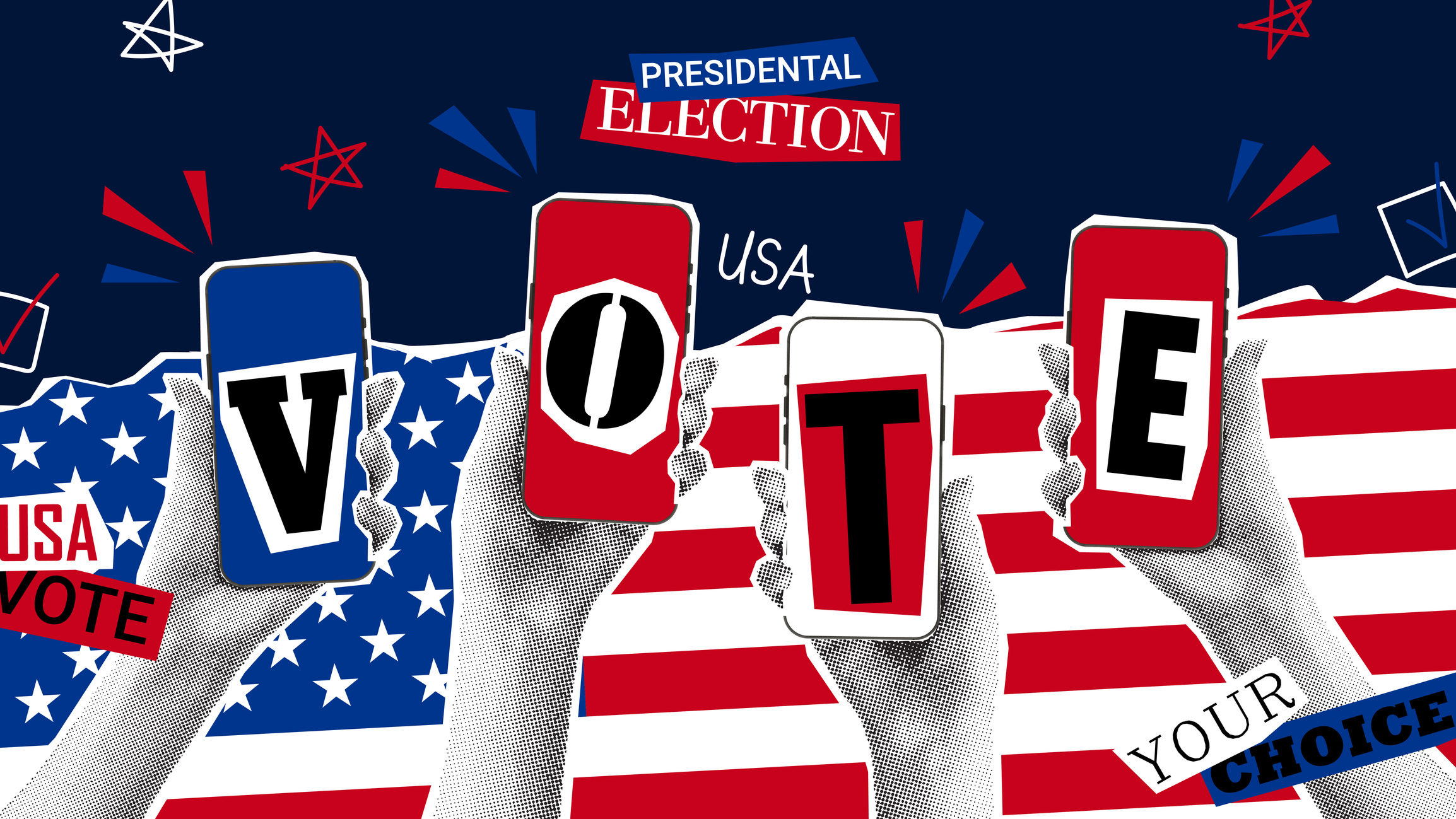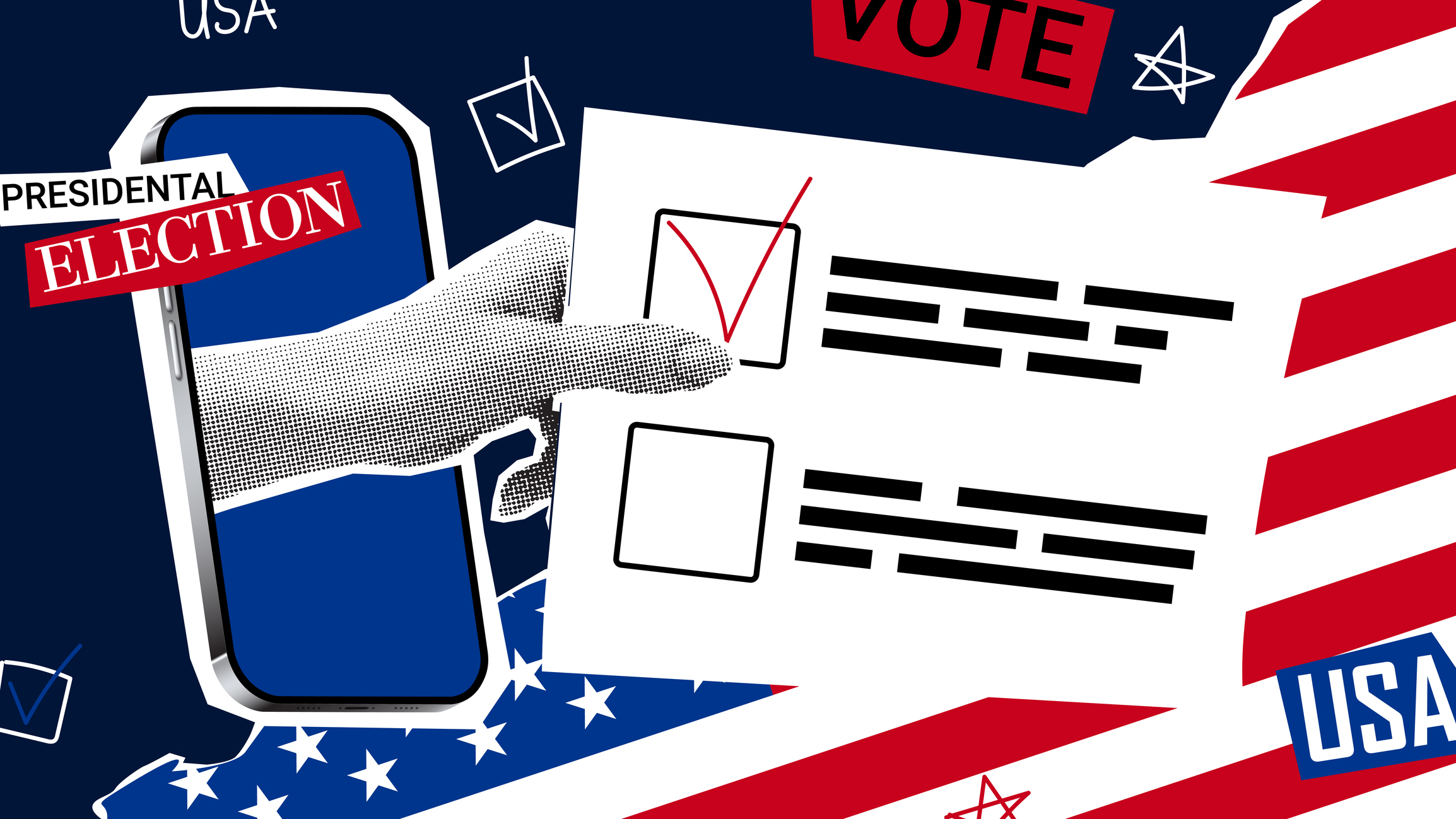
2024 Election’s Impact on Marketing
The 2024 election is making history as one of the most unprecedented and polarizing elections in recent history. Marketing has come to the forefront as new forms of digital strategy and campaigning have emerged. As with any election year, advertising has become flooded with political campaigns. This year is unique in the sense that political advertising has come to dominate the digital space. Marketing has never been more crucial than now as we are getting closer to November and campaigns are winding down.
What Has Changed in Recent Years?
With the emergence of new data analytical and marketing strategies, engaging specific audiences has never been more precise. This is a crucial part of political marketing as understanding effective marketing and how the geopolitical landscape voters live in impacts them can allow for messaging to have a greater impact. Information is key in this changing digital scape as algorithms now allow for greater detail in ad spending.
Artificial intelligence is a large part of this change. This has become an interesting point of contention as it brings into question the impact of AI on privacy, quality control of information, and how much should be used in the human experience of an election. In the future, we can expect to see these challenges addressed as new marketing techniques are refined.

What Can We Expect?
While new marketing technologies have been discussed, traditional media is still the largest piece of the marketing budget in political campaigns today. Citizens can expect the usual techniques politicians implement to spread awareness and messaging. However, voters can also expect to see new techniques in the digital spaces such as the use of social media more predominately in campaigning and the use of real-time advertising adjustments.
In addition, the diminishing of commercial latent television has created a new hurdle for campaigning. Campaigns now have to find ways to integrate messaging into services that allow for commercials or ad placements. Rather than traditional pay-for-play advertising, campaigns have to get creative in their ad spend dollars when finding suitable platforms.
The impacts of political marketing in 2024 will serve as a touchstone to understand the evolution of marketing in history. New methods of data analytics, social media engagement, and important political considerations will define this era of marketing. These factors are significantly impacting voter considerations and changing the landscape of what it means to campaign for office on any level. As we move ever closer to the polls, it is more important now than ever to understand the effects of this marketing and stay engaged in the democratic process.

